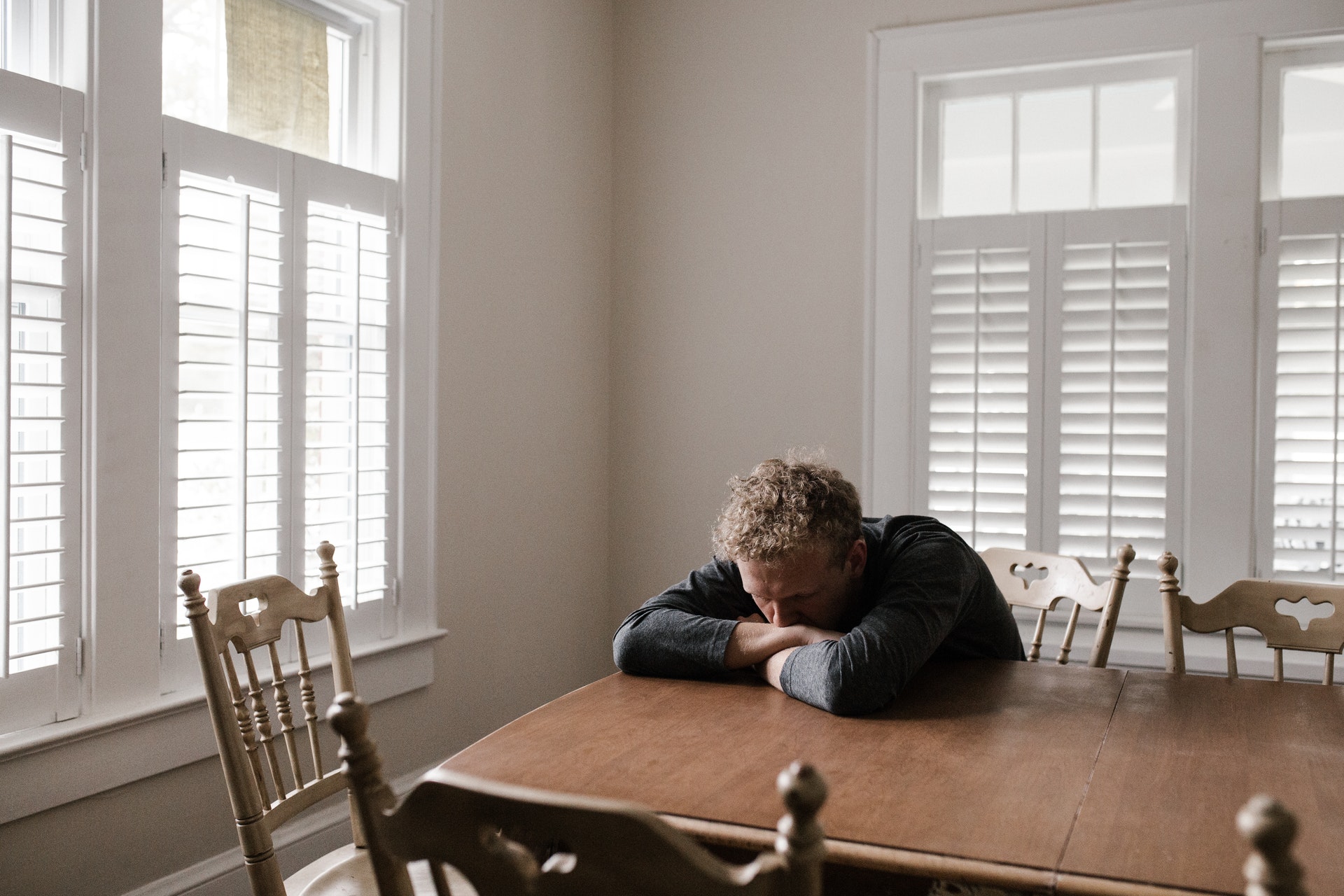
We are a reader-supported education publication. When you buy through links on our site, we may earn an affiliate commission to help us keep providing content.
University life brings new pressures. Many students manage their workload fine and easily navigate the changing social scene. Others struggle. The problem has severe consequences. Inpatient hospital admission records show a 50% increase in suicide attempts among teen girls between 2019 and 2021. Here are five tips for recognizing a college student mental health crisis and what to do if you suspect one.
1. Changes in Eating Habits
Changes in eating habits signal that something is wrong. People with anxiety and depression may eat too little as cortisol affects their appetite. Conversely, many overindulge in high-fat, high sugar foods as their body interprets ongoing stress signals as a reason to prepare for a continued onslaught. Both under and overeating can have adverse health effects.
Other conditions such as schizophrenia make it challenging for people to tend to their basic needs. Pay attention if the individual also seems disoriented or disconnected from reality.
Furthermore, as many as one in ten teenage girls has an eating disorder. These often arise in college as students are freed from the family dinner hour but exposed to numerous new stressors. They may turn to their weight as the one thing they can control, leading to anorexia or bulimia.
If you notice drastic changes in eating habits, talk to your college student. They may be in a temporary finals crunch — or they could need a referral to a professional therapist.
2. Changes in Sleeping Habits
Sleep disturbances often accompany mental disorders. Unfortunately, ongoing insomnia can also impact your mental state, creating a chicken-or-egg question: did the trouble with shuteye arise first or is it a symptom?
Some sleep trouble during college is nearly inevitable. For example, your dorm mate might need to pull an all-nighter, their lamp keeping you from getting your rest. Can you swing a bed tent? These create the illusion of privacy while cradling you in relaxing darkness, even when your roomie burns the midnight oil.
Specialty stickers can block light from electronic devices. Set an assigned time to power down — the blue light from screens can interfere with melatonin production, making falling under difficult. Avoid the temptation to scroll social media under the covers, as it will only keep you awake longer.
What can you do if you notice your college student burning the midnight oil? Find out the reason and make a doctor’s appointment. Sometimes, physical illness can cause trouble sleeping and your physician may prescribe temporary sleep aids to address the problem. They can also refer the affected student to psychiatric care.
3. Slipping Grades
Making the grade is part of the college experience. The work is more challenging than high school, so it isn’t unusual for straight-A students to bring home the occasional B. However, pay attention if someone on a scholarship starts earning Cs and Ds. They wouldn’t put their tuition at risk unless something else happened behind the scenes.
Many universities offer ample tutoring resources to help students who struggle with their academic load. Another option is working with your advisor — is it possible to pare down your course schedule to make your schedule less stressful? It might take a little longer to finish school, but it’s better than letting failures mar your record or lead to dismissal.
4. Change in Social Circles
College is a time to spread your wings and expand your social circle. However, hanging out with the wrong crowd could signify a mental health crisis. You want friends who uplift you and encourage you to make healthy choices — watch out for folks who only seem interested in whether you’ll attend their next keg party.
It’s not necessarily a bad sign if your college student switches interests from football to chess club. However, pay attention if they no longer want to leave their room to socialize. Anhedonia — an inability to feel pleasure in once-enjoyable activities — often follows trauma. Asking the right questions and seeking help can help your child recover from a traumatic experience they might otherwise hesitate to discuss with you.
5. Signs of Substance Abuse
College is also a time of experimentation — but you shouldn’t try some drugs even once. Pay attention to the signs of a substance use disorder in yourself or someone you love:
- Feeling that you “need” the drug: You may struggle to rise without a little “hair of the dog” or attend social functions without getting high first.
- Needing more of the substance to get the same effect: Alcohol and other drugs create tolerance as your body seeks homeostasis, meaning you mean more and more to feel a buzz.
- Using more than you intended: Binge-drinking is notorious on college campuses. However, pay attention if you don’t learn your lesson after the first overindulgence.
- Spending money that you don’t have to get the substance: Your life may begin revolving around getting enough cash to obtain your next “fix.”
- Not meeting work or school obligations because of use: You might have the freedom to skip that 8 a.m. class — but could earn a failing grade if the behavior continues.
- Driving or doing other risky activities while under the influence: Pay particular attention to risky sexual behavior. Drug and alcohol use increases your risk of assault, prompting further use as you struggle to cope with the trauma.
If you notice signs of a substance use disorder in yourself or a college student you love, please seek help. Addiction is a disease that causes biochemical and structural changes in your brain, promoting further abuse. It’s not easy to get clean alone and there’s no shame in asking for help.
Recognizing a College Student Mental Health Crisis
College brings with it new adventures — and stressors. It isn’t unusual for students to develop psychological health issues as they adjust to their new realities.
Follow the tips above for recognizing a college student mental health crisis. Taking immediate intervention measures can lead to a brighter tomorrow — it may even save a life.









